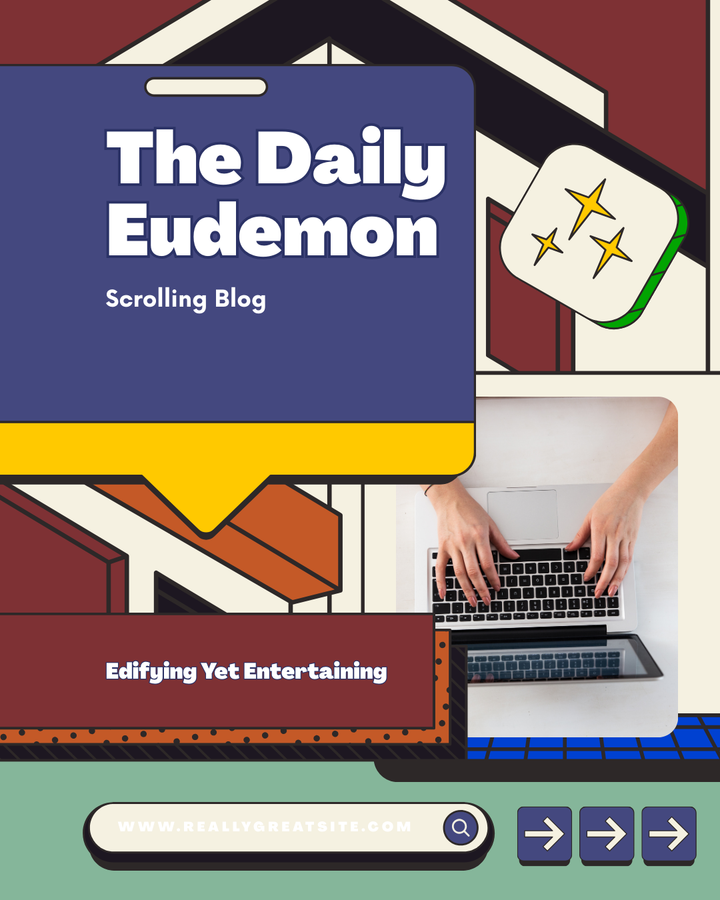Toni Morrison's Rejection Letters
Melina Moe at the Los Angeles Review of Books


“I FOUND IT extremely honest, forthright, and moving in ways I had not expected it to be,” Toni Morrison wrote to an aspiring novelist in 1977, “but it is a shuddering book and one that offers no escape for any reader whatsoever.” Still, Morrison, then a senior editor at Random House, liked the manuscript so much that, before responding, she passed it around the office to drum up support. The verdict was “intelligent,” but also “very ‘down,’ depressing, spiritually abrasive.” Whatever the merits of the writing, Morrison’s colleagues predicted, the potent mix of dissatisfaction, anger, and mournfulness would limit the book’s commercial appeal—and Morrison reluctantly agreed. “You don’t want to escape and I don’t want to escape,” her letter concludes, “but perhaps the public does and perhaps we are in the business of helping them do that.”
During her 16 years at Random House, Morrison wrote hundreds of rejection letters. Usually typed on pink, yellow, or white carbonless copy paper, and occasionally bearing Random House’s old logo and letterhead, these are now filed among her correspondence in the Random House archives at Columbia University’s Rare Book & Manuscript Library. While many of the letters were mailed to New York, Boston, and even Rome, others were sent to writers in more obscure places; some are addressed to “general delivery” in various small towns across the United States.
Regardless of destination, Morrison’s rejections tend to be long, generous in their suggestions, and direct in their criticism. The letters themselves—generally one, two at most, exchanged with a given writer—constitute an asymmetrical archive. On one end of each communiqué is the ghost of a submitted manuscript (absent from the archive after being returned to the sender, although in some cases survived by a cover letter). On the other is a rejection from Morrison, sometimes brusque yet typically offering something more than an expression of disinterest—notes on craft, character development, the need for more (or less) drama. But also: Autopsies of a changing, and in many ways diminishing, publishing industry; frustrations with the tastes of a reading public; and sympathies for poets, short story writers, and other authors drawn to commercially hopeless genres.
Most of Morrison’s surviving rejection letters date to the 1970s, a period that saw rapid changes in New York book publishing. This was especially true at Random House: a decade after going public in 1959, the company used the influx of cash to fuel a wave of acquisitions and two mergers, purchasing Alfred A. Knopf and Then, in 1965, Random House itself was acquired by RCA, an electronics company, only to be sold a few years later to a media conglomerate owned by the Newhouse family. Under this aegis, Random House went on to acquire a slew of imprints that expanded the company’s global footprint and generic range.
In short, like Pangaea breaking up in reverse, the publishing industry underwent the dramatic, global consolidation that produced today’s “Big Five”: Simon & Schuster, Penguin Random House, HarperCollins, Hachette Book Group, and Macmillan. Recently, this would have shrunk to the Big Four had an attempt by the German media conglomerate Bertelsmann (owner of Penguin Random House, the largest US publisher) to buy Simon & Schuster from its parent company, ViacomCBS, not been blocked by a US federal judge on antitrust grounds. Assistant Attorney General Jonathan Kanter celebrated the collapse of the deal, claiming: “The proposed merger would have reduced competition, decreased author compensation, diminished the breadth, depth, and diversity of our stories and ideas, and ultimately impoverished our democracy.”
Read the rest
:quality(75)/https%3A%2F%2Fdev.lareviewofbooks.org%2Fwp-content%2Fuploads%2F2024%2F03%2FWandtoepfe_A-exp11_Alfio_Giuffrida-AG_Sinnwerke.jpg)




